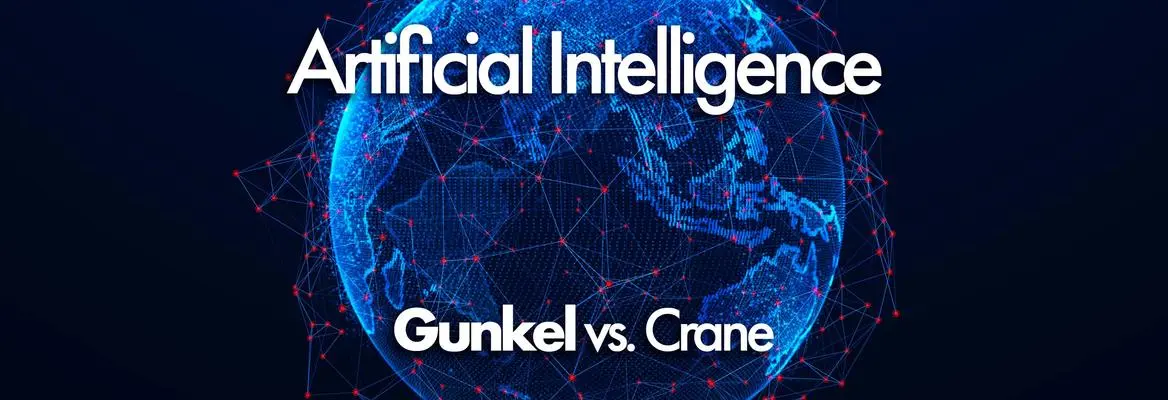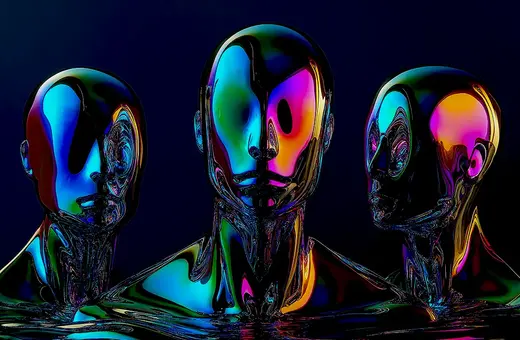The recent debate between Thomas Metzinger and Tim Crane about the moral standing of AI beings proceeded on the hidden and flawed assumption that the moral worth is determined by the intrinsic properties of a thing – by its consciousness or suffering or whatever else. This reductive approach does not capture how we relate to other beings. We must turn the to the continental tradition and its relational theories of moral standing to ground our relationship with our AI peers, writes David Gunkel.
Ethics is an exclusive undertaking. In dealing with others—whether human, animal, or robot —we inevitably make a decision between who is worthy of our consideration and what remains a mere thing to be used and even abused. These decisions are often justified on the basis of some fundamental and intrinsic property. “The standard approach to the justification of moral status is,” as the philosopher Mark Coeckelbergh [2012, p. 13] explains, “to refer to … properties of the entity in question, such as consciousness or the ability to suffer. If the entity has this property, this then warrants giving the entity a certain moral status.”
The recent debate between Thomas Metzinger and Tim Crane provides a near-perfect illustration of this method and its limitations. Both philosophers proceed—almost without being conscious of it—on the shared understanding or unquestioned assumption that consciousness is the determining factor for something to have moral status. What they contest is whether AI can ever achieve consciousness. Metzinger says yes; Crane says no. But both are wrong about this question determining moral status. Moral status is, as I explain below, a “no brainer.”
In dealing with others, we inevitably make a decision between who is worthy of our consideration and what remains a mere thing to be used and even abused.
Why properties like suffering or consciousness cannot determine moral status
There are three problems with deciding questions of moral status based on criteria such as suffering or consciousness.
1) Identification - How does one work out which exact properties are enough for moral status? Which ones count? And who has been granted the power to institute and enforce this determination? The history of moral philosophy is an on-going struggle over this matter with different properties vying for attention at different times. And in this process, many properties that once seemed both necessary and sufficient—like being white and male—have turned out to be spurious, prejudicial or both.
2) Definition - Whatever property one chooses, it is going to be hard to define. Consciousness, for example, is persistently difficult to characterize. The problem, as Max Velmans [2000, p. 5] points out, is that this term unfortunately “means many different things to many different people, and no universally agreed core meaning exists.” Other properties do not do much better. Suffering is just as ambiguous, as Daniel Dennett demonstrates in the essay “Why You Cannot Make a Computer That Feels Pain” [1998]. The reason you cannot make a computer that feels pain is not some technological limitation, it is because we are unable to decide what pain is in the first place. What Dennett demonstrates is that the very concept of pain (the thing that would be somehow brought to life in the computer) is arbitrary, inconclusive, and indeterminate.



















Join the conversation